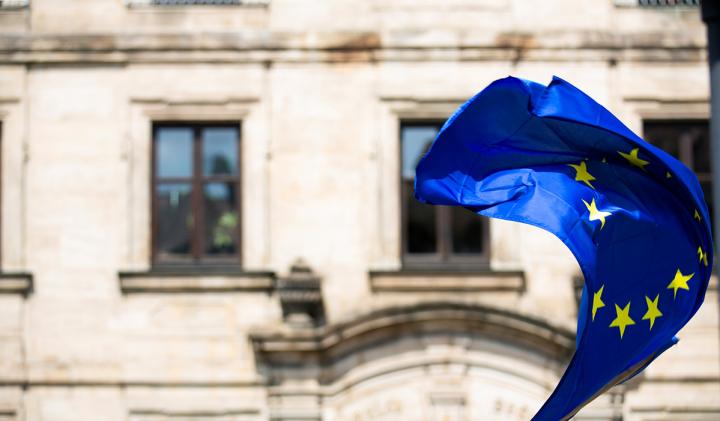
- About
- Programmes
- MBA
- Master in Management
- Master’s Degree in engineering
- DBA – Doctorate of Business Administration
- MSc Supply Chain Management
- MSc Aeronautical & Aerospatial Engineering
- MSc Computer Science & Data Science
- MSc International Business
- MSc Fintech & Digital Banking
- MSc Financial Engineering
- MSc International Finance & Investment
- MSc Digital Business Analytics
- MSc Computer Graphics & Game Engineering
- MSc Innovation & Creative Technology
- MSc Marketing & Digital Communication
- Exchange programmes
- De Vinci Higher Education Summer Programme
- Research Center
- Companies
- International
- Student life
- Events










